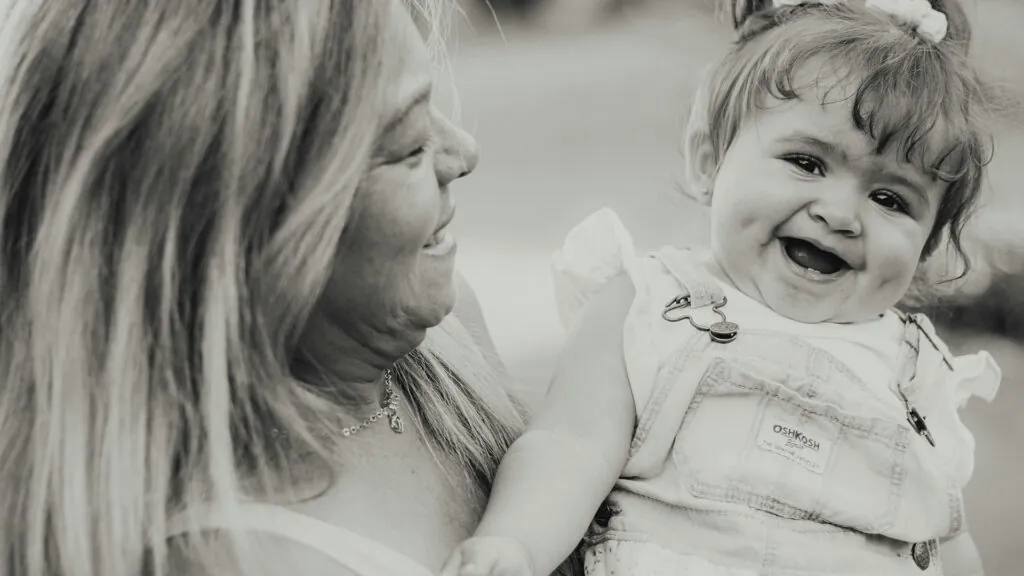We’re almost running out of teenagers in our family. Our eldest of six is well past the mid-twenty mark, and our youngest is less than a year away from getting his driver’s license. And then time will really speed by. By the time our last hits twenty, Peter and I will have been parents of teens for twenty-six years. Well, not surprisingly you do learn a thing or two in such an extended period of time. Here are some important life lessons we’ve learned as parents of teens.
On curfews and cars
- A mother’s imagination is a terrible thing. If your kids are a half-hour late, you imagine them in all sorts of trouble. This feeling becomes almost a certainty if you happen to hear police and ambulance sirens in the distance.
- Fathers can sleep through anything. “What’s the point of staying awake? If something’s happened, we’ll find out soon enough.”
- You can fold a lot of laundry while you’re waiting for your sons to come home. And then when everything is stacked and put away, you can start on the ironing. Getting all this work accomplished will prevent you from blowing your stack when they walk in the door an hour and half late….maybe.
 You should never throw apples in anger. You might hit someone…or you might not. Late, late one night, having completed all the waiting-for-son-to-come-home-chores, a mother—whom I happen to know rather well—decided she might as well pick the apples off the ground in the back yard, since making applesauce was on the agenda the next day. By the light of the moon, she trudged to the back of the yard and began gathering the fruit. Shortly thereafter, her tardy son drove in. He slowed carefully to a stop on the noisy gravel, opened his door, slid out, silently closed the door and tiptoed toward the back door, humming softly under his breath. An apple whizzed past his head. Splat! It hit the shed door. So did the next one. Wisely, the son said nothing and calmly though hurriedly continued in and went to bed. So did mother.
You should never throw apples in anger. You might hit someone…or you might not. Late, late one night, having completed all the waiting-for-son-to-come-home-chores, a mother—whom I happen to know rather well—decided she might as well pick the apples off the ground in the back yard, since making applesauce was on the agenda the next day. By the light of the moon, she trudged to the back of the yard and began gathering the fruit. Shortly thereafter, her tardy son drove in. He slowed carefully to a stop on the noisy gravel, opened his door, slid out, silently closed the door and tiptoed toward the back door, humming softly under his breath. An apple whizzed past his head. Splat! It hit the shed door. So did the next one. Wisely, the son said nothing and calmly though hurriedly continued in and went to bed. So did mother.- If you and your husband come home late one night, and you start to fret and fume because your son isn’t home yet, don’t drive around town looking for him and don’t start phoning his friends to find out where he is. Check his bed first. He may have come home early and be sleeping peacefully.
- Life is less stressful if your son’s girlfriend has to be home by 11:00 p.m.
- When you’re driving with a son who has his learner’s license, it does not help to push your right foot through the floorboards on your side of the vehicle. The car will not slow down.
- If the phone rings at midnight it might be your son informing you that he’s had an accident with your recently purchased car that you reluctantly let him use. Remember to first ask him whether anyone’s been hurt and if he’s all right, before you ask if there’s any damage to your car.
- At some point, you will learn to love the sound of your son’s car’s stereo. I have discovered this to be true when I hear it half a block away, fifteen minutes before curfew.
On food
- Your teens and their friends will instinctively find and consume all the food items you were saving for your Sunday evening visitors. You will begin to hide these special food items in the master bedroom, something you told your own Mom you’d never, ever do.
- If you want to prevent your teens from eating the special dip you made for tomorrow night’s party, stick it in a wrinkled brown lunch bag at the back of the fridge. No one is interested in old lunches.

- Homebaked cookies last a long time if you put them in the freezer in an ice-cream bucket marked “Soup Stock.” They’ll last even longer if you mark the pail, “Liver.”
- If your son or daughter phones a half-hour before Sunday supper and asks, “Can I bring my friends along?” say, “Yes, of course.” Just add four cups of hot water and a package of chicken noodle soup to the pot and defrost another dozen buns. If they show up without having phoned, the same instructions apply.
On housework, homework and bedtime
- You can tell a teen has cleaned her bedroom by the number of her clothing items you find in the laundry hamper. If they’re still folded, you can probably get away with just putting them back into her bedroom. Sometimes all you need to do is fluff up those only-worn-once-for-one-hour-jeans in the dryer with a sheet of Fleecy or Bounce for ten minutes, then fold them and put them away.
- Teens don’t like being told what to do. They prefer to make up their own mind about things. So ask them, “What would you rather do today? Dust and vacuum or clean the bathrooms?”
- Teens are just as hard to get to bed at night, as they are to get up in the morning. The ideal life for them would start at noon and go till midnight or two. The trouble is, no schools can find teachers who want to be up that late.
- The most reticent teen becomes the world’s greatest talker, one hour after Dad and Mom had planned to be sleeping.
- Teens who cannot stick to homework for more than thirty minutes without needing three snacks, can play video games for three hours without even a bathroom break.
- Interest in school projects increases greatly the night before they’re due.
- There is never any glue in the house at 11:00 p.m. the night before a project is due. Someone has also stolen all the scissors. And worst of all, the printer is out of ink.
But the most comforting thing I’ve learned….
- You can never pray too much for your teens.
So, just when you think you’ve got it all together, the next one becomes a teen, and the roller-coaster ride starts up once more. But remember, take time to listen with your heart, not just your ears. Keep smiling and give lots of hugs. Before you know it, your grandchildren will be teenagers and you can stand on the sidelines smiling encouragingly, remembering with a sigh what it was like.
This article first appeared in the June 1999 issue of Reformed Perspective.












